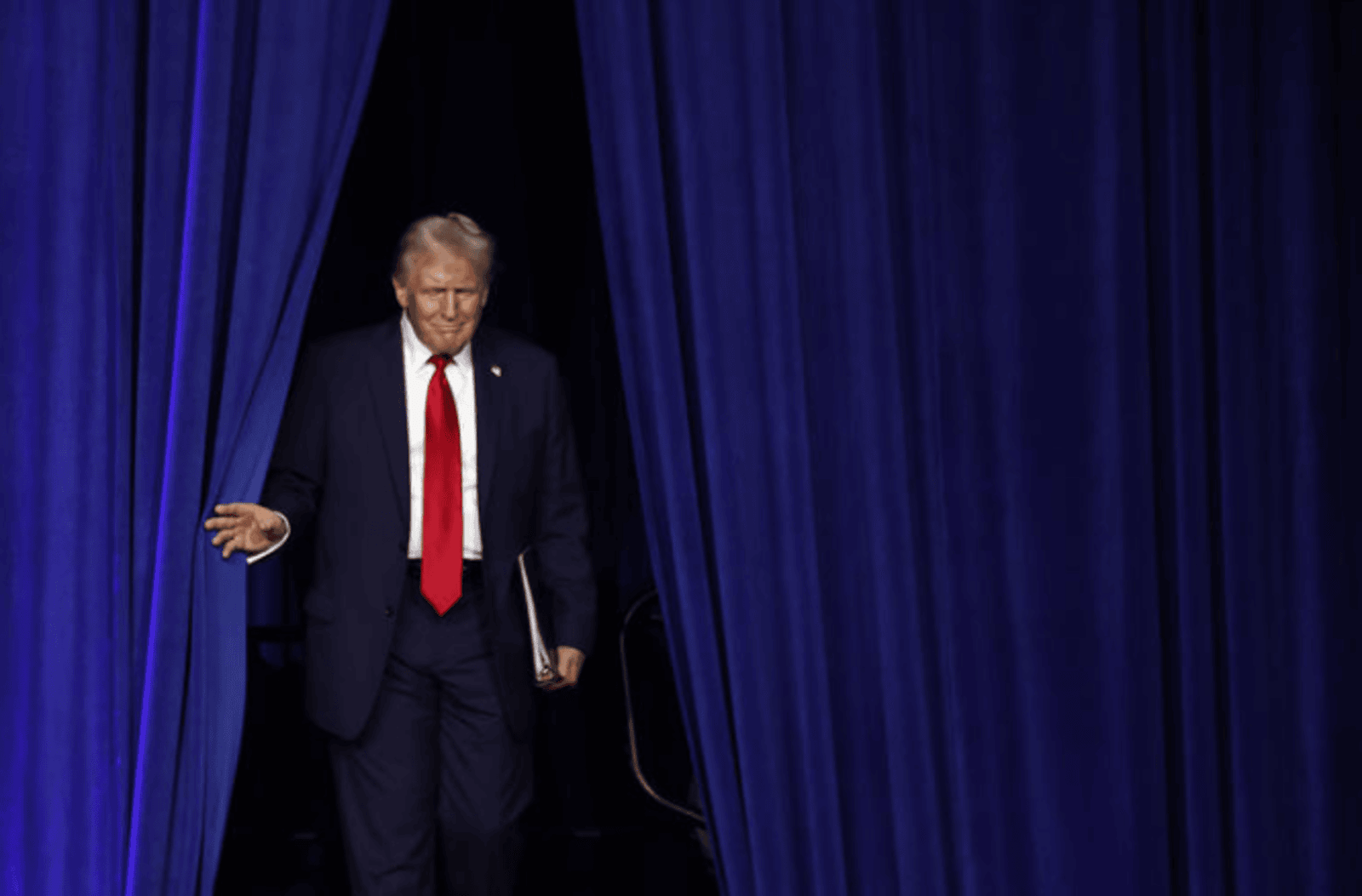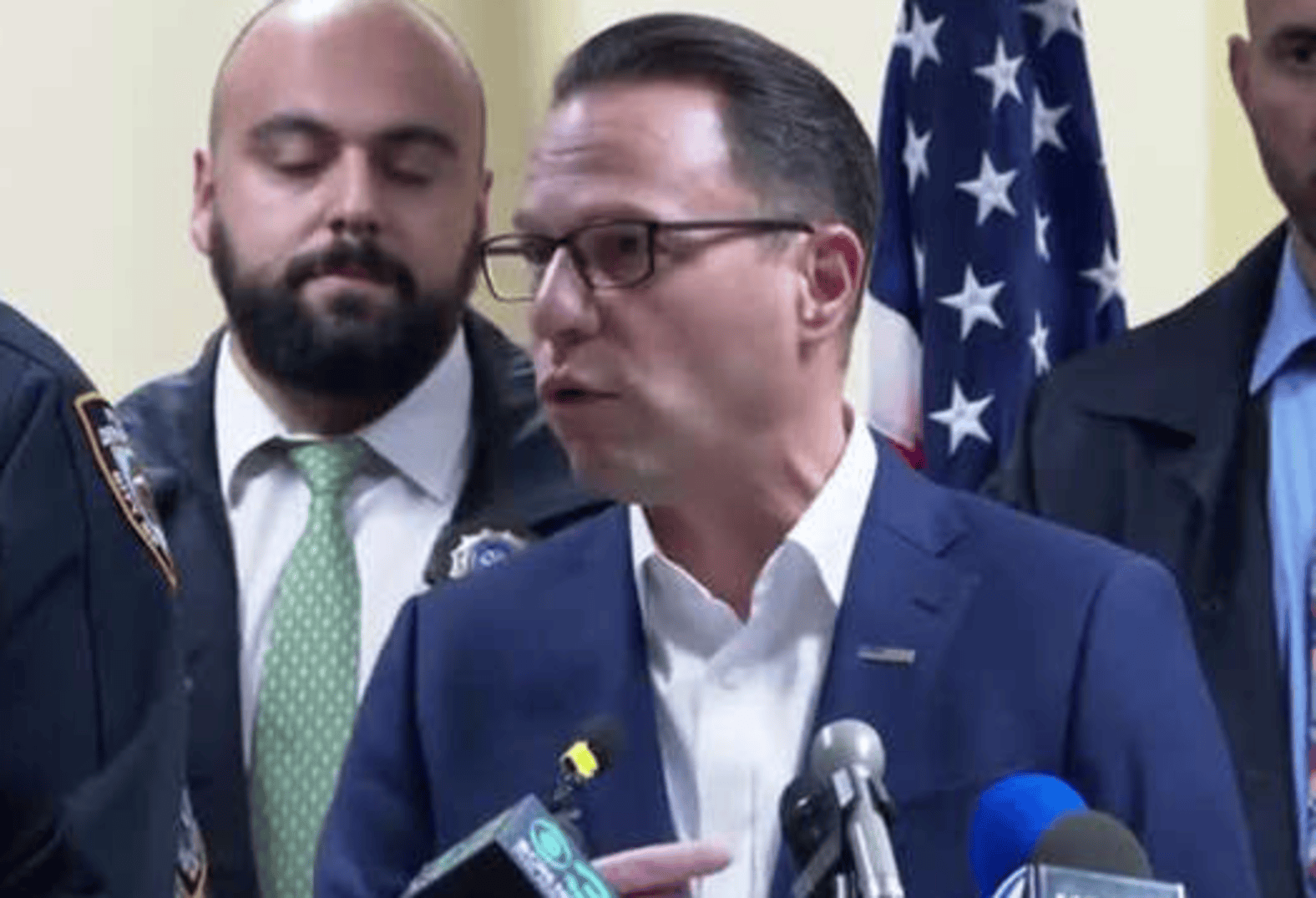
Trump Rapid Cabinet Picks Power Shifts Unfold
Above all, loyalty has become the key basis. Now, We will discuss how Trump’s swift Cabinet assembly reflects experience, struggles, priorities, and loyalty. Trump Rapid Cabinet Picks Power Shifts Unfold
Problems in the Process
The speed has come at a cost. Trump’s approach to evaluation remains minimal. This has led to controversies and unexpected challenges.
One Republican senator criticized the process. Some choices faced defeat almost immediately.
Power Struggles
Behind the scenes, there’s a constant struggle for influence. Trump’s sons, Donald Jr. and Eric Trump are deeply involved. Transition chief Susie Wiles has also emerged as a powerful figure.
“It’s like Game of Thrones,” said one source. Meetings are held, but decisions are often altered later. Don Jr. has pushed back on certain candidates, including Mike Pompeo.
Musk’s Growing Influence
Elon Musk has become a significant voice in Trump’s transition. Musk, who donated heavily to Trump’s campaign, is co-chairing the Department of Government Efficiency. This group aims to cut trillions from the federal budget. Musk also influenced key picks, like Kash Patel for FBI director.
Patel, a controversial figure, has supported conspiracy theories about the “deep state.” His appointment reflects Trump’s desire to reshape federal agencies.
Trump’s Hands-On Role
Trump is taking a more active role in shaping his administration. During his first term, others often led the process. Now, he is involved in selecting even deputy and assistant secretaries.
“He knows the job now,” an ally said. “He demands loyalty and competence.”
Efforts to Avoid Mistakes
The team is working to avoid past false steps. Nominees are being kept away from the media. Transition discipline is now a priority.
Pete Hegseth Nomination
One of the most debated nominations is Pete Hegseth for defense secretary.
Some senators, like Joni Ernst, face pressure to back him. Ernst’s hesitation has drawn criticism from MAGA groups.
DeSantis as a Wild Card
Florida Governor Ron DeSantis has emerged as a surprise contender for defense secretary. This is notable due to his rivalry with Trump during the 2024 primaries. Trump’s team sees potential benefits in bringing DeSantis into the fold even with past tensions.
Attorney General Drama
The nomination for attorney general has been agitated. Matt Gaetz withdrew due to past allegations, which resurfaced during the process. Trump then nominated Pam Bondi, a longtime ally. Bondi’s confirmation appears likely even with some criticism of her past statements.
Musk’s Push for Patel
Elon Musk played an important role in Patel’s selection for FBI director. Patel has promised sweeping changes to the bureau. His plans include closing the FBI’s Washington headquarters.
Tensions Over Treasury Secretary
Even lower-profile nominations have sparked conflict. Jared Kushner pushed for Marc Rowan as treasury secretary.
Chronister’s Withdrawal
Sheriff Chad Chronister, Trump’s initial pick to lead the DEA, withdrew his nomination. Trump later revealed he had pulled Chronister due to past actions during the pandemic.
MAGA Mandate
Trump’s transition team remains focused on fulfilling his “MAGA Agenda.” Spokeswoman Karoline Leavitt stated that Trump’s nominees are outsiders ready to challenge the establishment.
Balancing Ambitions for 2028
The transition has also sparked speculation about the 2028 presidential race. Some see Ron DeSantis and Vice President-elect J.D. Vance as potential contenders. Nominating DeSantis could reduce his chances of running against Trump’s administration.
As the political landscape evolves, the 2028 presidential election looms large in the minds of key players. Among them are Florida Governor Ron DeSantis and Vice President-elect J.D. Vance, both seen as potential frontrunners. Their ambitions are no secret, and decisions made today could shape their future path. For both men, the stakes are high. The possibility of running against each other to capture the same pool of Trump-aligned voters adds a layer of complexity to their political strategies.
DeSantis, even with his rivalry with President-elect Trump during the 2024 primaries, remains a name of considerable influence. His potential nomination as defense secretary has stirred speculation. While such a role would strengthen his credentials, it could also tie him closely to the Trump administration. Supporters argue that this association might limit his ability to run as an independent figure in 2028. Others, however, see it as a strategic move to support his national standing.
On the other hand, Vance, deeply embedded in the Trump team, benefits from proximity to the administration’s core policies and successes. His position as Vice President-elect provides him with direct access to Trump’s loyal base. Allies believe this proximity will make him the natural heir to Trump’s movement.
The interplay between DeSantis and Vance is not just about political rivalry. It reflects broader questions about the future of the Republican Party. Should it remain loyal to Trump’s policies, or should it embrace a broader, more moderate vision?
For now, both figures must step carefully. DeSantis has the challenge of maintaining his autonomy while considering a role in Trump’s administration. Vance must solidify his appeal without alienating the wider Republican base. Balancing ambitions for 2028 requires foresight, diplomacy, and an acute understanding of the shifting political movement.
Conclusion
The transition is both rapid and confusing. Internal fights, loyalty tests, and external controversies define the process. Trump’s approach, however, reflects his broader goal: reshaping the federal government in his image.
Trump’s second administration, if successful, will leave a lasting mark. Loyalty remains the cornerstone of his leadership. Whether this strategy succeeds will be revealed in the coming months.







